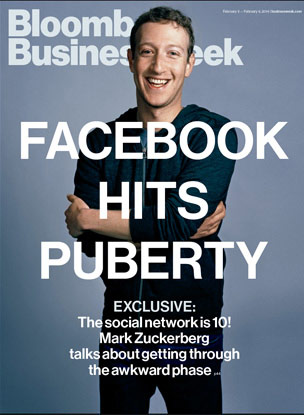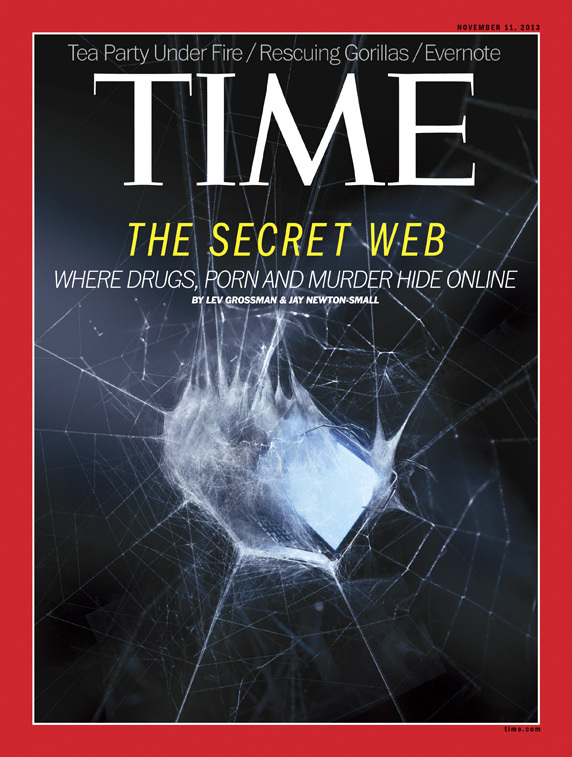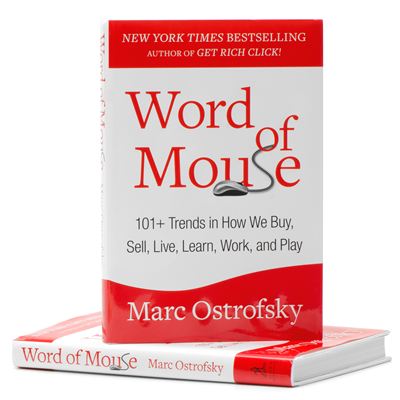Over at Vox, Ezra Klein has written an interesting, 25-paragraph essay Gamergate and the Politicization of Absolutely Everything. For those who have not been introduced to the raging debate swirling around the video game industry, gamergate is a controversy that touches on many of the media topics and themes that we’ve been addressing this semester: media effects and concerns related to sexual and violent content, politically incorrect stereotypes, censorship, and journalistic ethics just to name a few. Here’s Gawker‘s attempt to explain what all the fuss is about. Want more? Here’s a great article by Erik Kain at Forbes.
Klein’s thesis is premised on the idea that everything has been politicized in the extreme. The gamergate battle lines have been drawn between waring factions. On one side the “young, white, male” demo (that has historically been at the core of the gamer community) and on the other side, feminists (more here). It’s hard to ignore the fact that real differences exist between gamers who like to blow things up and those who like to build things together. And finally, differences exist between those who feel marginalized by the present systems and,…well…those who feel marginalized by the present system. In fact the entire controversy has something to offend nearly everyone. It’s as though the controversy is a kind of ink blot test on which we are invited to project our own worldview and moral objections. As Klein notes, “Video games are the excuse for this fight, not the cause of it.” For those with political biases on the left, it’s about “sexism and online harassment,” but for those on the right it’s about “political correctness and speech policing.”
Klein’s essay ends on a cautionary note that predicts other battles, like gamergate, but with even greater consequences. As the culture wars escalate and battles lines are drawn, the battlefield itself will be the online space where digital avatars battle to the death over controversies large and small. Thankfully, digital wars are not nearly as painful as analog wars. After all, when your digital self is mortally wounded or killed a quick reboot is all that’s needed to get back in the fight.


 You may have heard by now that Facebook cooperated with researchers from two universities to study emotional contagion. The question that they wanted to answer was, does the emotional tone of others’ posts on your Facebook wall affect the tone of your posts? To find the answer they conducted an experiment…on nearly 700,000 Facebook users. The methodology was fairly straightforward; they began by using software to analyze posts in order to categorize them as either negative or positive. Then, they manipulated which posts were more likely to show up on the wall of certain Facebook users. By analyzing those users’ posts they were able to determine if they became more positive or negative as a result. Sounds like an interesting experiment for those of us interested in social science and the effect that mediated interactions may have on our personal disposition or behavior.
You may have heard by now that Facebook cooperated with researchers from two universities to study emotional contagion. The question that they wanted to answer was, does the emotional tone of others’ posts on your Facebook wall affect the tone of your posts? To find the answer they conducted an experiment…on nearly 700,000 Facebook users. The methodology was fairly straightforward; they began by using software to analyze posts in order to categorize them as either negative or positive. Then, they manipulated which posts were more likely to show up on the wall of certain Facebook users. By analyzing those users’ posts they were able to determine if they became more positive or negative as a result. Sounds like an interesting experiment for those of us interested in social science and the effect that mediated interactions may have on our personal disposition or behavior.
 Ten years ago Mark Zuckerberg, a student at Harvard University, launched Facebook. If you want to see a Hollywood version of the beginning and early years of the company, see the 2010 film The Social Network, written by Aaron Sorkin and directed by David Fincher. In the film, Mark Zuckerberg is portrayed as a brilliant, but self-absorbed, geek who takes his own ideas and combines them with ideas from other innovative students to create the foundation of what would become the Facebook we know today. Blinding ambition and underdeveloped social skills aside, Zuckerberg creates a social sharing network that grows beyond his wildest dreams. Of course there are plenty of plot twists, including law suits from estranged partners and competitors, to keep the film humming along. In fact, the DVD case is inscribed, “You don’t get to 500 million friends without making a few enemies.” And just for the record, the current number of
Ten years ago Mark Zuckerberg, a student at Harvard University, launched Facebook. If you want to see a Hollywood version of the beginning and early years of the company, see the 2010 film The Social Network, written by Aaron Sorkin and directed by David Fincher. In the film, Mark Zuckerberg is portrayed as a brilliant, but self-absorbed, geek who takes his own ideas and combines them with ideas from other innovative students to create the foundation of what would become the Facebook we know today. Blinding ambition and underdeveloped social skills aside, Zuckerberg creates a social sharing network that grows beyond his wildest dreams. Of course there are plenty of plot twists, including law suits from estranged partners and competitors, to keep the film humming along. In fact, the DVD case is inscribed, “You don’t get to 500 million friends without making a few enemies.” And just for the record, the current number of 

